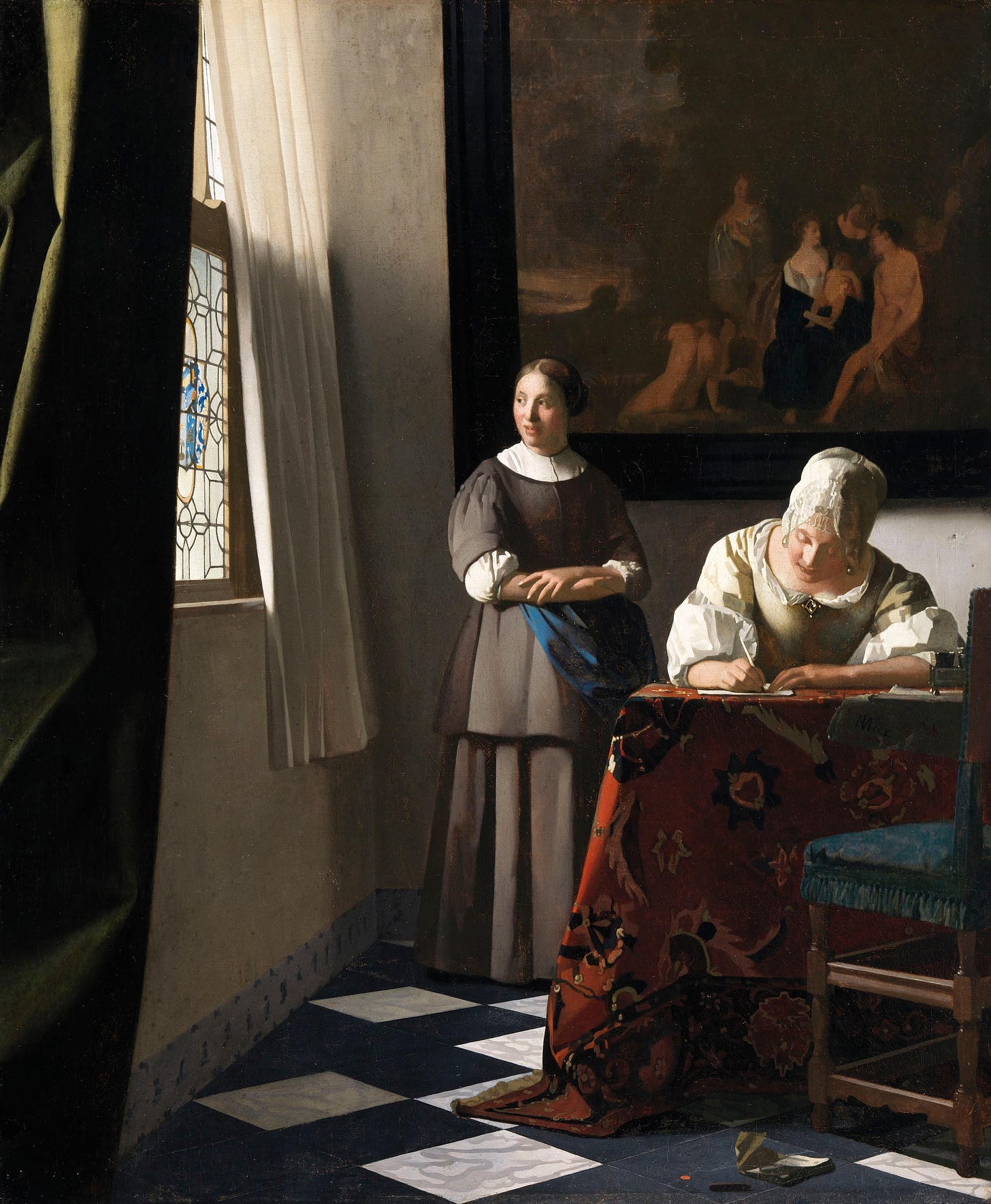
News
• You may have seen Today’s Poem last week. Due to a scheduling error — damn all electronics! — some of our subscribers received the posting a week early. Ever bullheaded and unwilling to abide the consequences of glitches, we’re posting it officially today. When it was supposed to appear.
• Meanwhile, you have gotten your copy of The Blackbird and Other Stories, haven’t you? The latest from Poems Ancient and Modern co-founder Sally Thomas, it’s a collection of fiction that Micah Mattix calls “one of the finest collections of short fiction in years.” As an early review notes, “Ranging fearlessly across divorce and remarriage, dementia and caregiving, pregnancy and termination, birth and bereavement, these stories pose ultimate questions: how do we live with our loss? What do we do now?”
• And meanwhile yet again, as of today, Joseph Bottum — the other founder of Poems Ancient and Modern — has his own new book on sale. Called Frankincense, Gold, and Myrrh: A Christmas Chrestomathy, it’s a selection of his Christmas fiction and essays. Peter Robinson says, “the most enjoyable Christmas stories you’ll ever read—and the most moving.” Andrew Klavan says, “Wit, wisdom, pristine prose, and Christmas. What else can you ask for? This book is bliss.” Ron Hansen adds, “What a Christmas present! Allegorical, humorous stories of hapless, affable gangsters, like the tales of Damon Runyon, are counterweighted by moving reflections on Christmas. I loved it.”
Oh! Mr. Best, You’re Very Bad
by Jane Austen
Oh! Mr. Best, you’re very bad And all the world shall know it; Your base behaviour shall be sung By me, a tunefull Poet. — You used to go to Harrowgate Each summer as it came, And why I pray should you refuse To go this year the same? — The way’s as plain, the road’s as smooth, The Posting not increased; You’re scarcely stouter than you were, Not younger Sir at least. — If e’er the waters were of use Why now their use forego? You may not live another year, All’s mortal here below. — It is your duty Mr Best To give your health repair. Vain else your Richard’s pills will be, And vain your Consort’s care. But yet a nobler Duty calls You now towards the North. Arise ennobled — as Escort Of Martha Lloyd stand forth. She wants your aid — she honours you With a distinguished call. Stand forth to be the friend of her Who is the friend of all. — Take her, and wonder at your luck, In having such a Trust. Her converse sensible and sweet Will banish heat and dust. — So short she’ll make the journey seem You’ll bid the Chaise stand still. T’will be like driving at full speed From Newb’ry to Speen hill. — Convey her safe to Morton’s wife And I’ll forget the past, And write some verses in your praise As finely and as fast. But if you still refuse to go I’ll never let your rest, Bu[t] haunt you with reproachful song Oh! wicked Mr. Best!
This past spring — while posting a lyric from Henry VIII — we talked a little about amateur poetry, and perhaps it’s time to revisit the topic. That’s not to say that today’s author, Jane Austen (1775–1817), is an amateur writer. But she does treat the handful of poems she produced as occasional and minor writing: something to dash off for a comic turn in a letter.
She treats her verse, in other words, as amateur poetry — which is something different from serious poetry produced by authors who were best known for writings other than poetry. Thomas Hardy had difficulty gaining a poetic reputation to match his fame as a novelist, but as part of his writing, his poetry was as vital as his prose, perhaps more vital. John Updike wrote poems his entire professional life — and still complained that his verses were never taken as seriously as his novels. But they both intended their poetry as a professional endeavor.
True amateur verse comes instead from people with no pretention to be poets. George Washington’s youthful love poem for Frances Alexander, for example. Or “The Suicide’s Soliloquy,” a work generally ascribed to Abraham Lincoln. For centuries, educated English speakers were generally expected to be able to compose a rhymed and metered poem.
As I noted this spring, nothing great was demanded of these compositions. Rather, part of being educated, having a college or even a high-school degree, was the capacity to write some verse whenever a stray morbid or romantic thought demanded the deep feeling of poetry. Or when a comic idea came to mind. Or when a public occasion — a friend’s birthday, a niece’s wedding, a co-worker’s retirement — required a public comment.
I’ve seen some reports that suggest haiku still somewhat works this way in Japan: Schoolchildren are taught the form’s meter and traditional themes with the expectation that they will in adulthood be able to produce perhaps not good poems but correctly formed haikus when the moment demands. It’s a skill expected of adults.
Which is how Jane Austen treated her occasional verse: light poetry written for an occasion. While she read serious poetry (George Crabbe, for a well-known example), she wrote her own few surviving poems merely to enliven a letter or ensparkle an occasion.
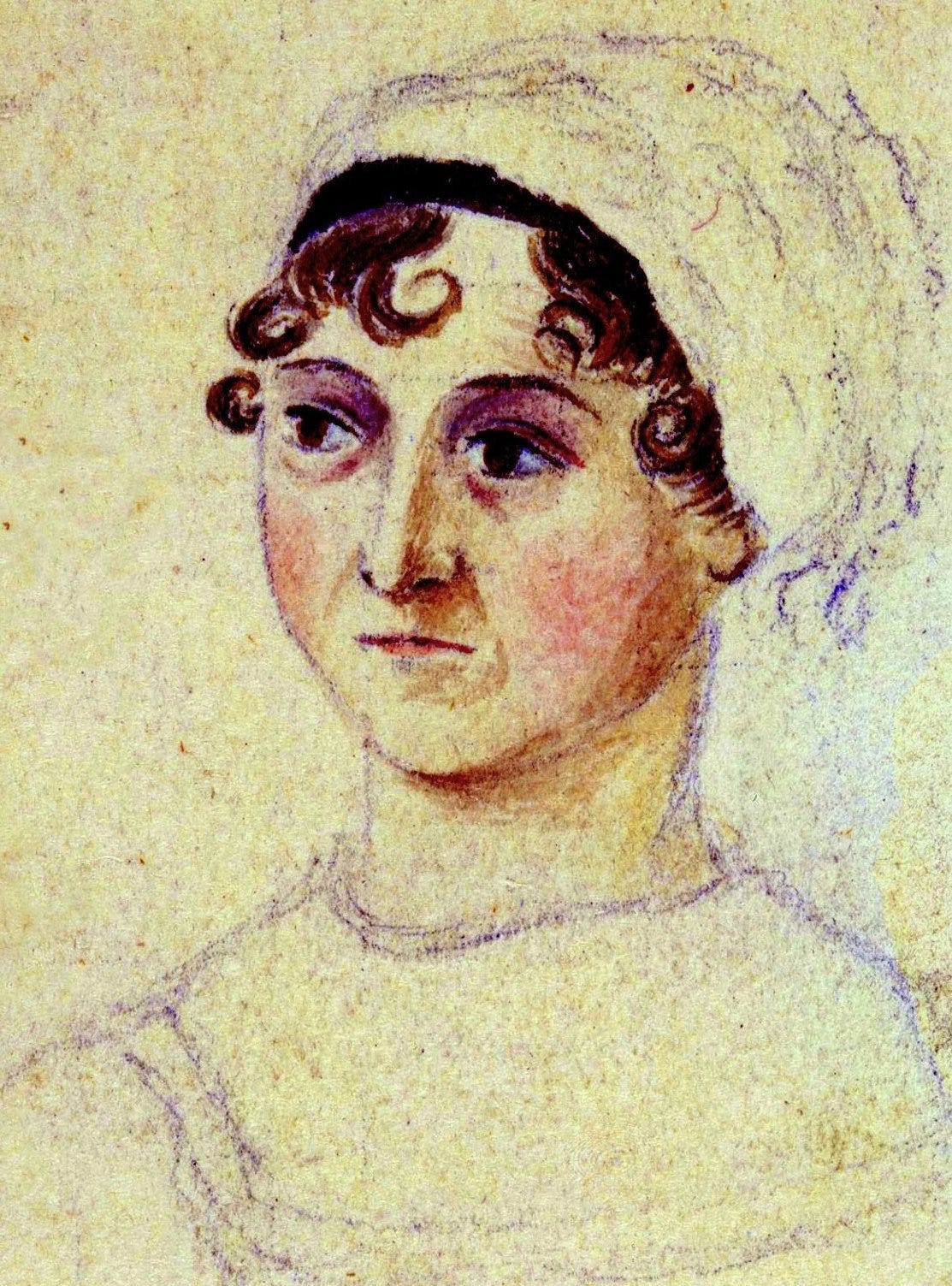
The cause of her 1806 “Oh! Mr. Best, You’re Very Bad” was a desire to see her friend Martha Lloyd, who had moved from Austen’s Hampshire town of Steventon to the village of Ibthorpe, 15 miles from away. The hope was that Lloyd could hitch a ride with a “Mr. Best,” who had visited Steventon on previous occasions. Nothing certain is known of Mr. Best (although one biographer suggests he may have been the Rev. Thomas Best of Newbury), and we don’t even know whether Austen actually sent the poem to him.
Still, it’s a sprightly little occasional piece: an ironic play with heroic and moralistic tropes to urge Mr. Best to bring Martha Lloyd to visit the Austens, playing out in fairly competent ballad meter. Just as a literate person would have been expected to produce.
The cultural question for us is when we turned away from that expectation.



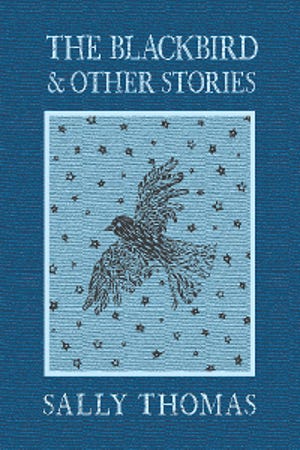
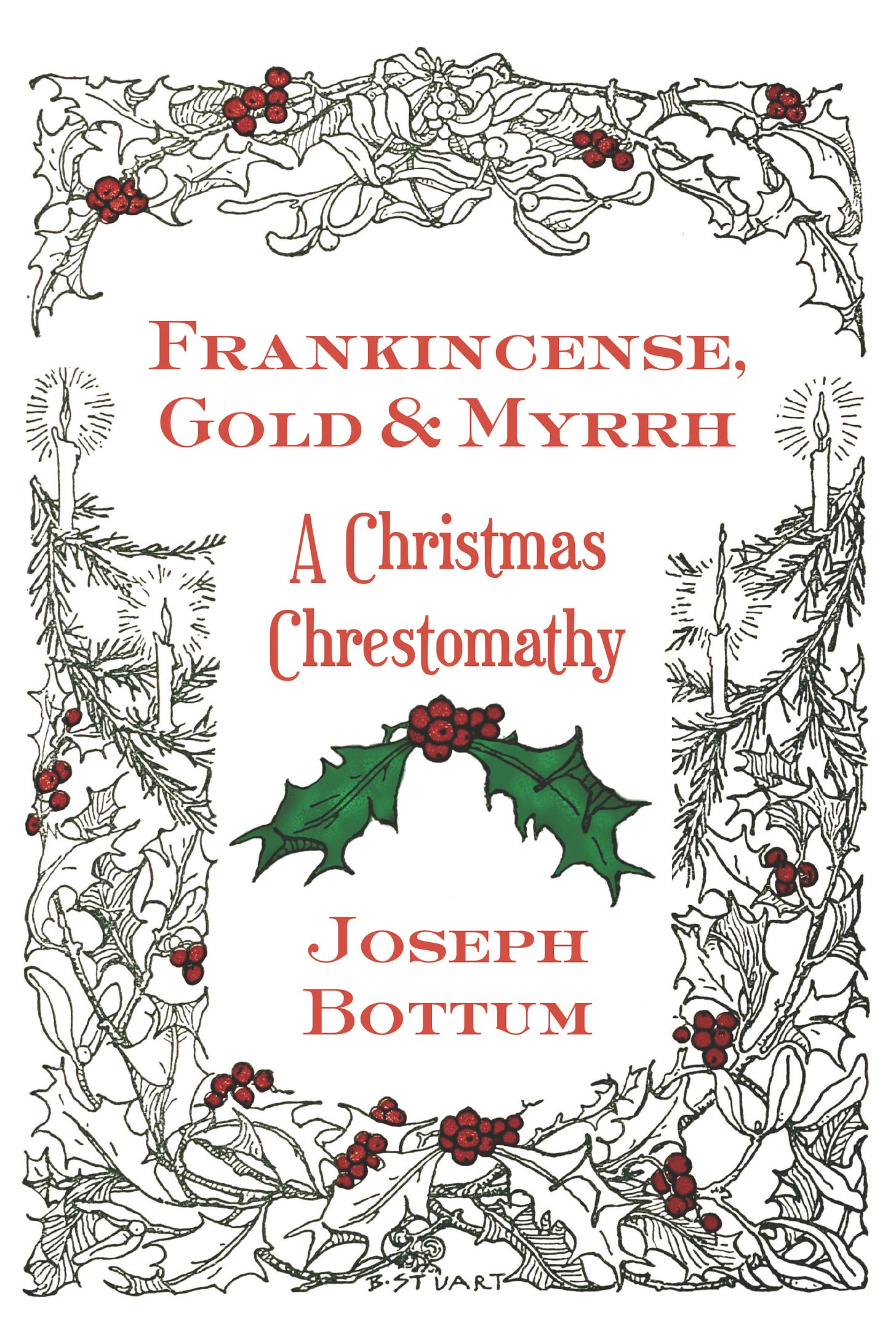
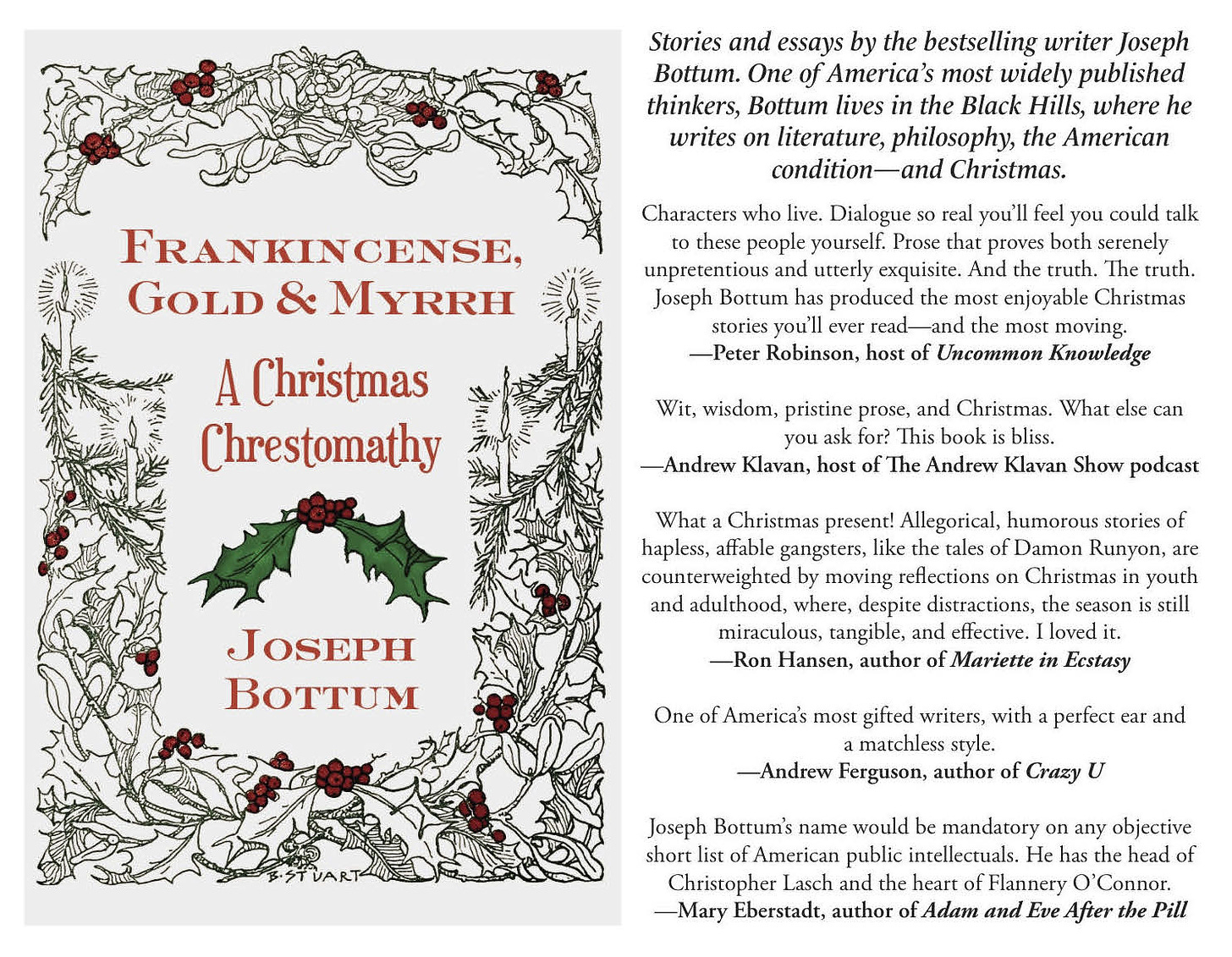
In my opinion, it started to go this way right around post-structuralism, the Death of the Author and the belief that verse, meter and rhythm were unnecessary oppressive obstacles. Ideas that started to solidify roughly more than half a century ago.
But always look for the gaps, because that's where some fun opportunities to play reside. And rhyme and meter constitute a massive gap in today's story of poetry. Clarke told us that any sufficiently advanced technology is indistinguishable from magic, but the same is true of form in a world in which it is no longer practiced or understood.
The status of poetry, and the intertwined notions of amateur, serious, public, personal/private, and emotion at work here, are fascinating. Perhaps because I'm a professor, but the idea of "serious" poetry, to be read (or, more likely, that we feel we should have read, and understood better, but life is busy) comes quite naturally. And the serious, more formal, poetry before modernism is a far country, but one that we know we should respect. But the idea of amateur poetry, in the sense that Austen is using it, is really odd . . . though we do it sometimes for children, which perhaps gives us license? And weirdly, I've written quite a lot of amateur poetry. But I was trying to be serious! Anyway, fascinating. Thank you.